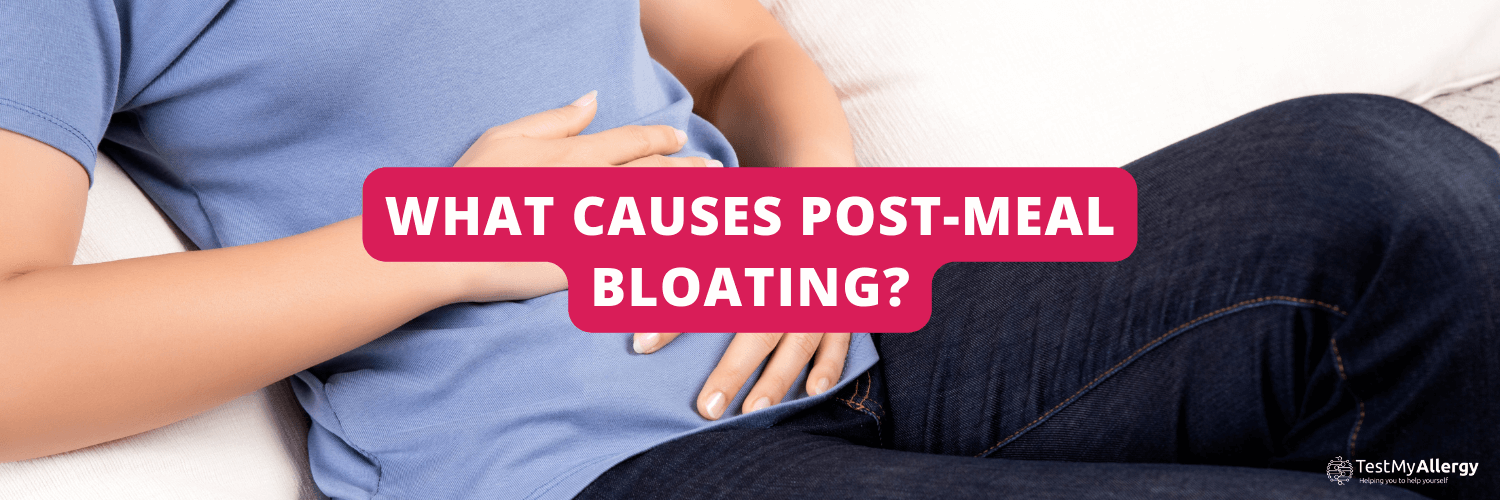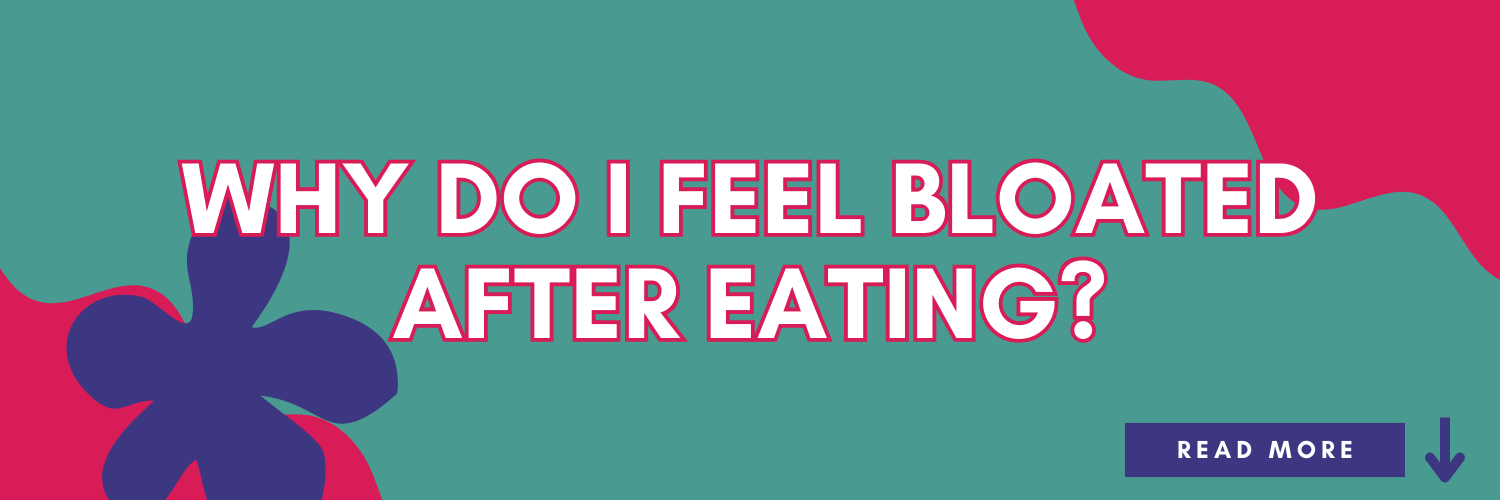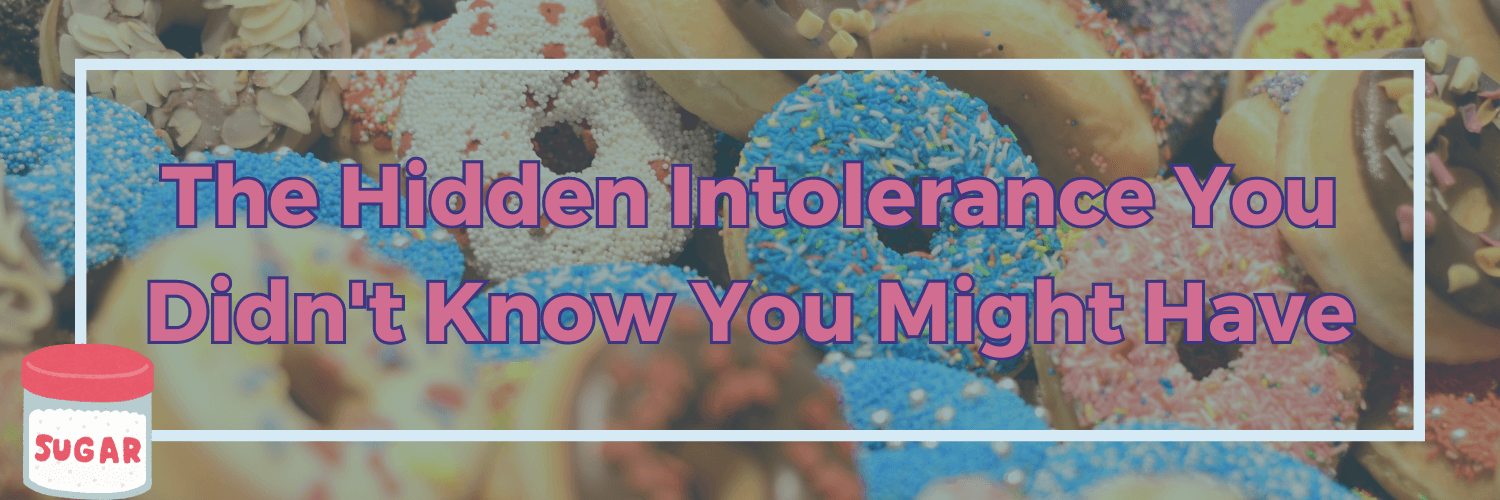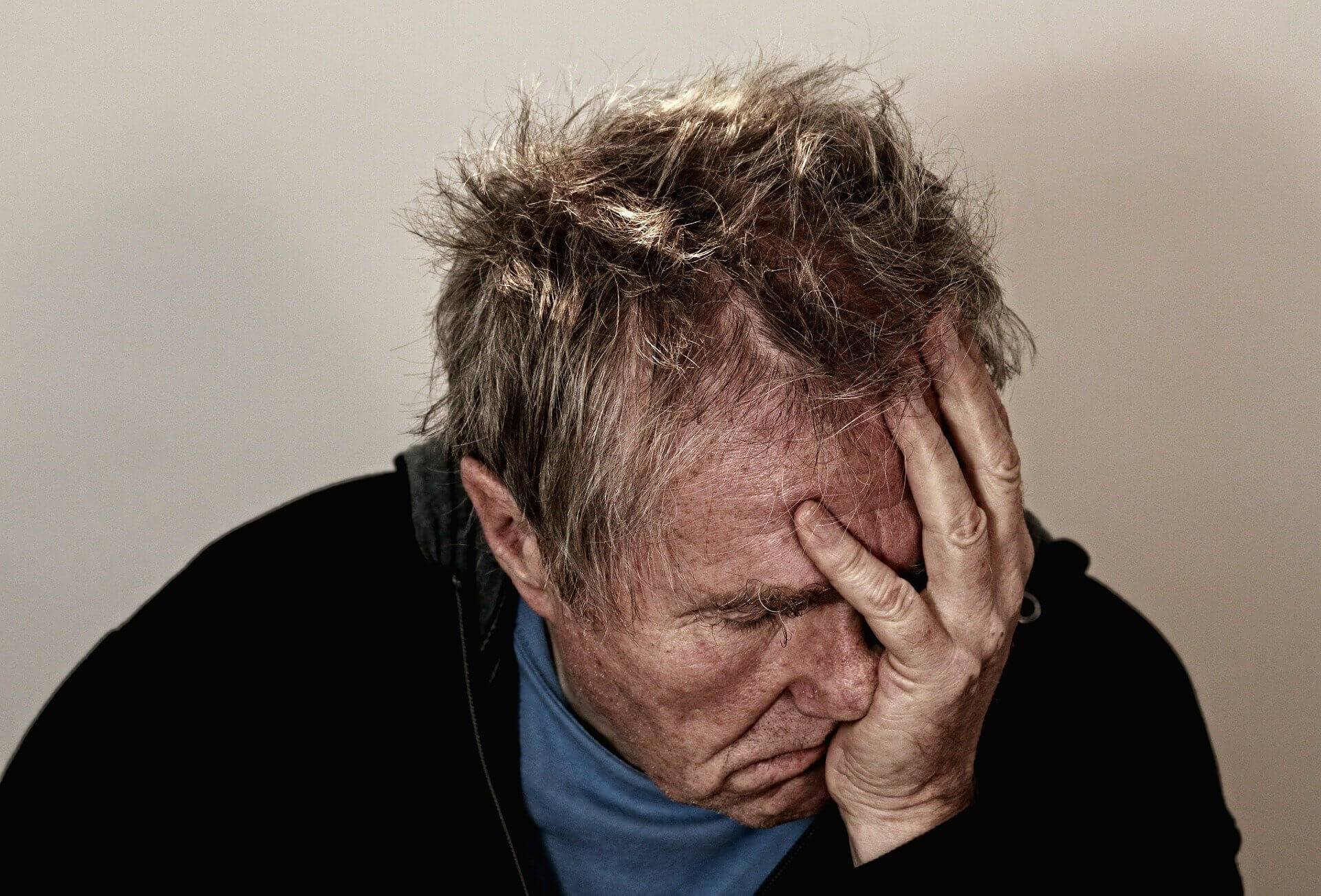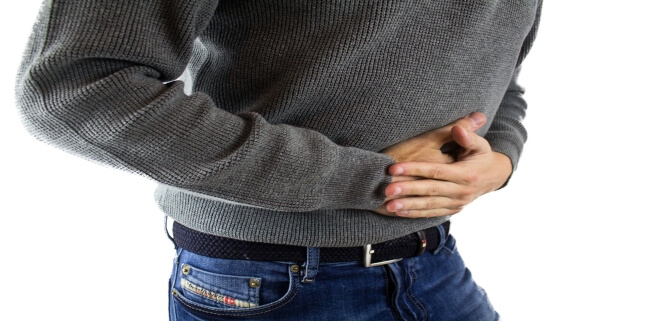After a meal, it’s normal to feel a little fatigued. This is where the expression of “food coma” comes from. However, another common post-meal symptom that is not talked about as much is bloating! This, as you can guess, means that you feel bloated after eating, and you may be wondering why. Is it what you are eating? Have you eaten something you shouldn’t? Below, we’ll discuss the basics of post-meal bloating and why food intolerance testing could be just what you need to help you get your body back to feeling normal.
What is bloating?
It’s always best to start with the basics, so let’s take a close look at what bloating is. At its most basic, bloating is when your stomach is swollen due to fluid retention or gas build-up. Bloating can look and feel a few ways, depending on how it physically impacts you. The most common symptom is that our stomach looks and feels bigger. Other common symptoms are that you have stomach pain or discomfort, your stomach making rumbling or chattering noises, and you are having some farting.
Is bloating common?
While it may feel that you are the only one around the dinner table dealing with bloat, you aren’t! Between 10%-25% of otherwise healthy people experience bloating regularly. This bloating can be mild, severe, symptom-free, or painful. Women are often more prone to dealing with bloating than men!
What are the most common reasons for bloating?
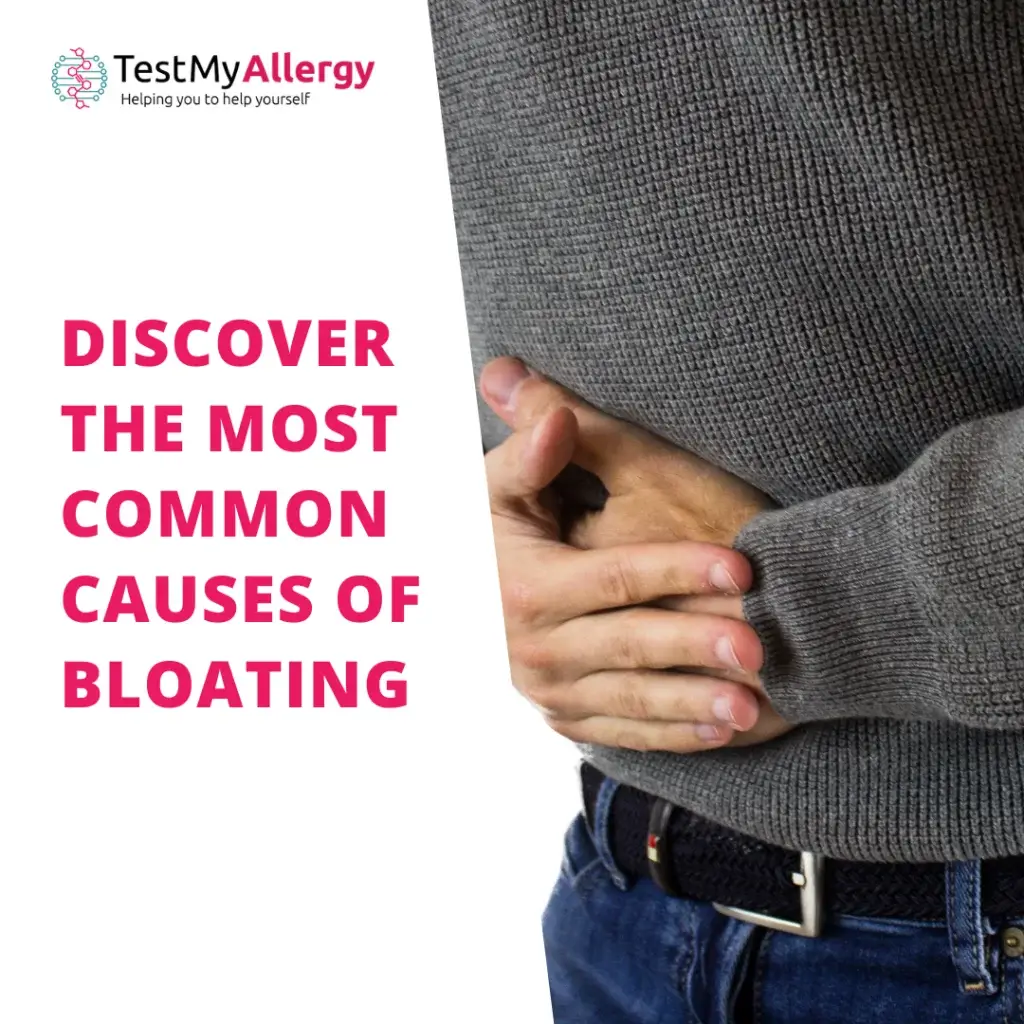
The fact that there is more than one reason is a huge part of why many may ask, “Why am I always bloated?” After all, it may feel that bloating becomes a daily or nightly thing, no matter what you try. Some of the worst triggers are below.
Carbonated drinks
Fizzy drinks are one of the most common causes throughout the day, particularly post-meal bloating. Since they contain a lot of carbon dioxide, this builds up in your stomach, and this causes bloat. Swapping it out with a simple glass of water is a great way to avoid bloating!
Eating too fast
If you eat too quickly, you’ll take in an unnecessary amount of air as you eat. This swallowed air can cause bloating even if nothing else would have done so. So, if you’re wondering, “Why am I bloated after eating?” and this is unusual for you, it could be that you just ate too fast!
Large portions
The size of the meal you eat also will determine the bloat. The more you eat, the more likely you are to have it! This is why the holiday season often ends up with many bloating after a shared family meal!
Food intolerances
What you eat can cause bloating. If you eat something you are intolerant to, you’ll deal with bloating that could be short-term or last hours. A food intolerance is likely if you notice a lot of chattering in your stomach, too, as this is a food intolerance symptom.
Processed foods
Another reason is that you are eating processed food. Since this is high in sodium, you take in more than you’re used to, leading to water retention. As we talked about above, water retention is one of the primary causes of bloating!
How to manage post-meal bloating
So, now that we’ve gone over the causes, let’s look closely at a solution to help you control this uncomfortable symptom!
Avoid fizzy drinks
This is a simple one to consider! Avoiding anything with carbonation will help you eliminate post-meal bloating. It’s also a great tip to enjoy better health since straight water is your best health choice!
Eat smaller portions and chew more
You’ll find that eating smaller portions and chewing each mouthful thoroughly will reduce post-meal bloating. This also, in turn, will help you eat slower and keep you from swallowing excess air! Some even find that it helps them digest better.
Consider testing
If you’ve never considered your diet choices, consider food intolerance testing! Many people live for years and years without realizing they are eating food they can’t digest properly. Getting accurate results helps improve your relationship with food and will help you avoid bloating!
Exercise regularly
Exercising regularly can help keep your metabolism steady and your digestion as strong as possible. If you exercise after your meal, this will be the best way to cut bloating!
If you feel pain, massage your stomach right to left to help. This releases any gas and dramatically improves your pain (3)!
Consider other issues
If you have done that but are still asking yourself, “Why am I always bloated?” then it’s possible you might have a health issue specific to you. Certain foods like legumes and dairy products will naturally cause bloating. Other times, you might have an underlying digestive issue that, once diagnosed, can help you enjoy more comfort after a meal.
Start with at-home food intolerance testing to see your body’s reaction. When you get the results, talk to your GP and dietician about what you find out and other potential causes for why you feel bloated after eating. Since they know your personalised medical history, they’re the best professionals to help you get answers to your problems.
You don’t need to live with post-meal bloating unchecked. You can get support, help, and guidance if you simply educate yourself on what might be happening and get help and support to enjoy your food-related life again!

